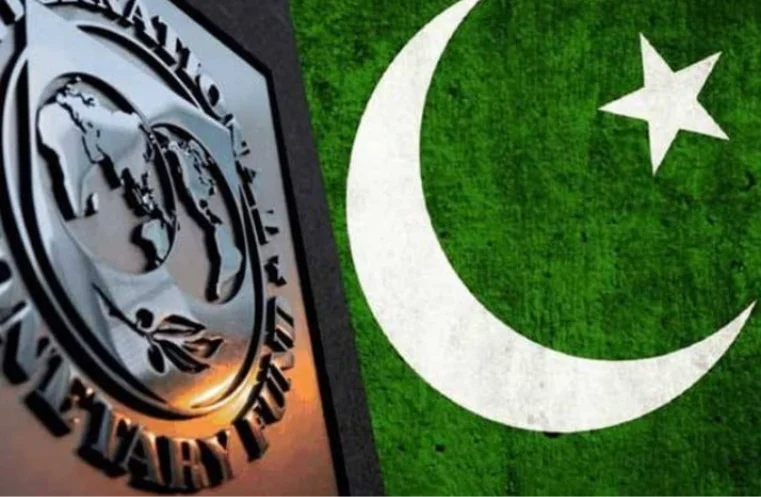Islamabad, Feb 6: This week, a significant breakthrough was achieved in Sindh’s agricultural tax legislation, following behind-the-scenes efforts by President Asif Ali Zardari and Deputy Prime Minister Ishaq Dar. Their intervention played a pivotal role in securing the Sindh Cabinet’s approval of the new agriculture income tax law.
On Monday, the Sindh Assembly passed the Sindh Agricultural Income Tax Act, 2025, fulfilling a critical requirement set by the International Monetary Fund (IMF).
For months, the federal government had struggled to gain Sindh’s approval for the bill, delaying the review of Pakistan’s IMF program. The IMF had insisted that the provincial governments align agricultural income taxation with the federal personal and corporate tax systems, alongside the introduction of a super tax for high-income landlords.
The finance ministry made repeated efforts, but progress only came after a crucial meeting between Dar and Zardari. They called Sindh’s Chief Minister Murad Ali Shah and Balochistan’s Chief Minister Sarfaraz Bugti to speed up the legislative process.
Read More:
PM to Launch Islamabad Business Facilitation Hub This Month
The new law exempts agricultural income up to Rs. 600,000 annually from tax. Income over Rs. 5.6 million will be taxed at a maximum rate of 45 percent.
The government has implemented a progressive super tax. No tax applies to annual agricultural income up to Rs. 150 million. A 10 percent super tax will apply to incomes exceeding Rs. 500 million annually.
Furthermore, corporate farming will be brought into the tax net. Small companies will face a 20 percent tax on agricultural income, while large corporations will incur a 29 percent tax rate.
Sindh approved the plan, and Finance Minister Muhammad Aurangzeb expressed optimism about securing a successful IMF review. This review would unlock over $1 billion in the second tranche of loans.
The IMF is expected to announce review dates. The mission will likely arrive by late February or early March, signaling a potential breakthrough for Pakistan’s financial program.









